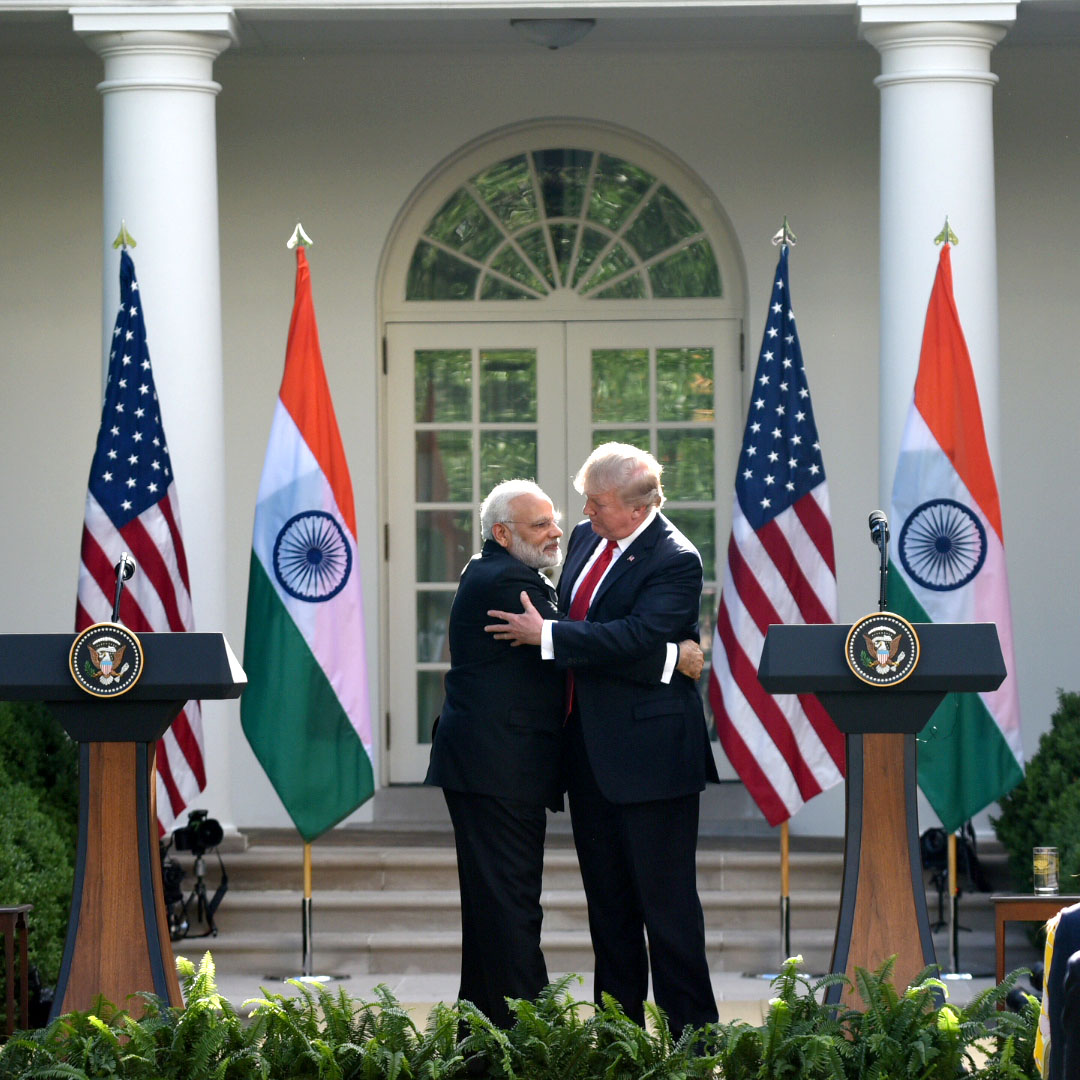
The world’s largest secular democracy has just moved further away from its foundational secular ideals, part of a global phenomenon that alarms the Freedom From Religion Foundation.
India, like the United States, was established as a secular, democratic republic. The ascension to power five years ago of Prime Minister Narendra Modi, a Hindu nationalist who was banned from the United States for almost a decade for allegedly presiding over an anti-minority pogrom in his home state, struck a severe blow at these principles. His re-election this week (with a bigger parliamentary majority this time around) cripples these values even further.
Modi and President Trump have both blatantly pandered to majoritarian religious sentiments: Hindu nationalism in the case of Modi and Christian nationalism in the case of Trump. Indeed, religion forms a major part of their right-wing populist platforms. Other religious nationalists are crowding the planet, such as Brazilian President Jair Bolsonaro and Turkish leader Recep Tayyip Erdogan. With Modi’s re-election, right-wing populists of various stripes are firmly in charge of many of the world’s largest democracies.
Modi joined the most prominent Hindu far right group, the RSS, as it is commonly known by its Hindi acronym, when he was 8 years old. A former member of the RSS, Nathuram Godse, assassinated Mahatma Gandhi on Jan. 30, 1948, for supposedly being too indulgent toward Muslims. It is this sectarian vision that Modi offers his country, and which provides the basis for his organization’s political arm, the Bharatiya Janata Party or BJP.
That vision has manifested itself disturbingly in two ways: Emboldened Hindu right fringe outfits have engaged in targeted assassinations of secular intellectuals. And there have been continual mob killings (including lynchings) of individuals suspected of trafficking in beef, a taboo for many Hindus.
Modi and his fellow party members controlling most of India’s states have made risible efforts to implement the Hindu nationalist ideology. Junk science that endeavors to trace modern scientific achievements to India’s ancient Hindu civilization (and extols the medicinal virtues of the cow) has pervaded Indian educational and scientific institutions. The federal and state governments have attempted to impose vegetarianism on the populace, in keeping with the beliefs of certain Hindus. There has even been a ridiculous campaign to replace Muslim-sounding place names with Hindu monikers. And the state government of Uttar Pradesh (headed by a hardline Hindu monk) has left out the Taj Mahal from a tourism brochure, reportedly because it considers India’s most famous monument too Muslim, and hence not Indian enough.
The Modi government’s obsession with religion has spilled over into the international realm. It has proven unwelcoming to the heavily persecuted, mostly Muslim Rohingya refugees from Myanmar. And it has created an uproar by instituting a national registry of citizens in the border state of Assam to ostensibly catch noncitizens from neighboring Muslim-majority Bangladesh, a step that may end up disenfranchising millions.
“Under Modi, minorities of every stripe – from liberals and lower castes to Muslims and Christians – have come under assault,” states a recent Time magazine profile of the Indian prime minister.
The repeat triumph of the Modi-led ruling coalition will likely bring an escalation of that assault and an intensification of the global sectarian project — a troubling future for India and the world at large. It’s time universally for secular forces to push back. The Freedom From Religion Foundation will do our best to counter this triumphant Hindu nationalism — as it does various forms of religious extremism around the planet.
Photo: Prime Minister’s Office (GODL-India)

